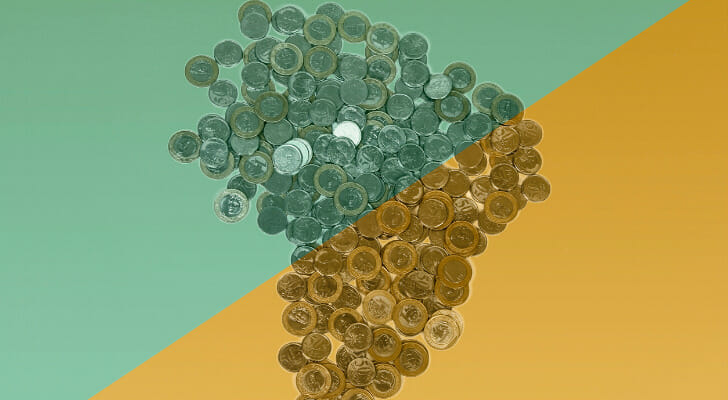 Investors looking for a bull market have found one in Brazil, where the benchmark 84-stock Bovespa Index, best known as Ibovespa, is up 5.89% year to date here in early December, a welcome alternative to the 20% loss U.S. stocks have has posted so far this year.
Investors looking for a bull market have found one in Brazil, where the benchmark 84-stock Bovespa Index, best known as Ibovespa, is up 5.89% year to date here in early December, a welcome alternative to the 20% loss U.S. stocks have has posted so far this year.
And while some Brazilian stocks have been volatile amid the presidential election this fall, in which Luiz Inacio Lula da Silva won over incumbent Jair Bolsonaro, investments in Latin America’s largest equity market should continue to do well.
“Investors should look through the electoral noise and focus on the country’s fundamentals,” wrote Alejo Czerwonko, chief investment officer of emerging markets Americas for UBS Global Wealth Management. “We believe Brazilian equities will outperform emerging market peers through year-end 2023, thanks to higher-for-longer commodity prices, very attractive valuations … relatively low vulnerability to tighter global liquidity, and very high dividend yields.”
There are a number of key reasons why Brazil should see a roaring bull market ahead.
For help deciding on whether investing in a foreign index makes sense for your portfolio, consider matching with a vetted financial advisor for free.
Analysts cite several factors that are prompting the bulls to run in Brazil:
GDP growth: Unlike the U.S., Brazil’s GDP grew 1% in the first quarter and at a better-than-expected 1.2% for the second quarter, prompting the country’s economic ministry to upgrade its forecast for economic growth this year to 2.7%, from 2%. Elsewhere in the economy, the jobless rate fell to a seven-year low of 8.7% for the quarter ending in September, while the country’s the central bank has been aggressively fighting inflation, setting its benchmark interest rate at 13.75%.
Low valuations: Stocks in the Bovespa Index have been trading at a multiple of 7.3 forward earnings, which is quite a bit cheaper than the 15.3 P/E ratio for the S&P 500, leaving Brazilian shares significantly undervalued.
Commodities: Brazil is the biggest net exporter in the world, according to the USDA, is the world’s second-largest iron-ore producer, is one of the top 5 producers of 34 separate commodities and is a leading exporter of oil. Brazil also is a leading producer of alternative energy commodities, manufacturing more ethanol in a year than the combined output of Europe and Asia.
A look at a sampling of the larger ETFs invested in Brazil shows the iShares MSCI Brazil ETF (EWZ), which is heavily invested in the financial, basic materials and oil and gas sectors, up nearly 13% for the year after posting a more than 40% gain in April. Likewise, the very similar Franklin FTSE Brazil ETF (FLBR) is up more than 12% for the year. Latin American-focused funds with substantial holdings of Brazilian companies have also showed gains, with Brazilian shares offsetting losses from stock of other regions.
As for investing risks, beyond a potential global recession or lower Chinese commodity demand if COVID-19 lockdowns spread, turmoil from any domestic policy changes also are a factor. Even in the aftermath of the presidential election, analysts don’t expect much impact thanks to a centrist Brazilian congress.
As Czerwonko of UBS Global Wealth Management conlcuded: “ In our baseline scenario, however, we believe the fundamentals stars are aligning in Brazil, offering opportunities to global investors.”
Bottom Line
Brazil presents potential investment opportunities for investors, particularly in its 84-stock Bovespa Index, best known as Ibovespa. based on Brazil’s GDP growth, low stock valuations and the strength of its commodities.
Tips for Investors
- Consider talking to a financial advisor about whether taking your investments abroad makes sense. Finding the right financial advisor for you doesn’t have to be hard. SmartAsset’s free financial advisor matching service matches you with financial advisors in your area in five minutes. If you’re ready to be matched with local advisors who will help you achieve your financial goals, get started now.
- If you have gauged your time horizon correctly and realized solid returns on your investment, you may owe the capital gains tax. Figure out how much you’ll pay when you sell your stocks with our capital gains tax calculator.
Photo credit: ©iStock.com/Sidney de Almeida